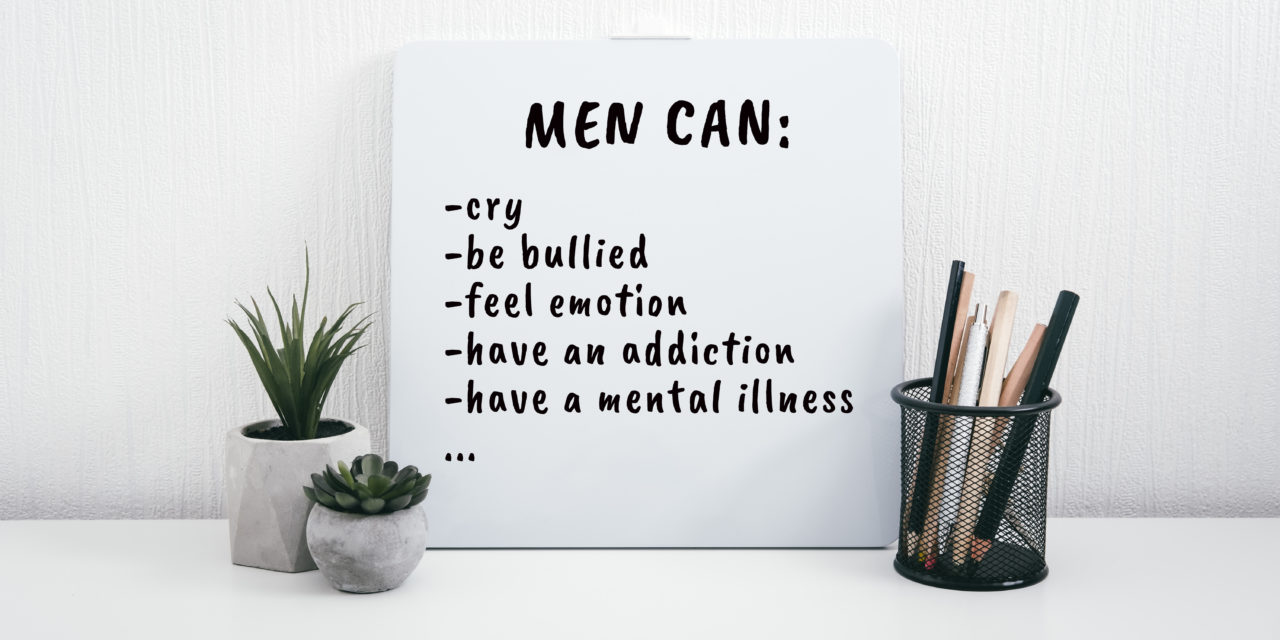When you are struggling with a substance use disorder, it can be extremely tempting to try to hide the problem from others. A feeling of shame may wash over you, causing you to do just about anything to keep your issues with drugs or alcohol to yourself.
Those feelings of embarrassment likely stem from the ways in which society stigmatizes substance use disorders. It turns out, however, that the stigmas a person deals with may vary based on whether they are a woman or a man.
We are going to take a look at the ways stigmas differ for men and women. But first, we want to acknowledge that gender is not a binary concept, and some readers may not identify with either gender or solely with one or another. Nevertheless, some or all of the things we discuss below may sound familiar—and the solutions we will offer for overcoming stigmas apply to everyone.
At the Center of the Stigma: The Idea that Women are Natural Caregivers
One of the most deeply ingrained societal stereotypes about women is that they are—or should be—natural caregivers. Whether or not that belief is fair (we would argue that it is not), it is persistent, and it puts a lot of pressure on women to be caretakers in the family, in churches or volunteer organizations, and even in the workplace.
This idea of caregiving is nearly always defined in terms of caring for others while leaving little time or attention for caring for oneself. Understandably, that means that many women feel ever increasing levels of stress as they try to care for others and neglect themselves. Sometimes that stress is what leads to drug or alcohol use—and the development of a substance use disorder.
Getting help for a problem with drugs or alcohol might cut against the expectations a woman sets for herself or feels society has set for her. After all, she has to provide care for others, so any problem she herself might be feeling must be set aside and ignored, right?
At the Center of the Stigma: The Idea that Men are Strong and Independent
Among the deeply ingrained societal stereotypes about men is that they are—or should be—strong and independent. Whether fair or not (we would argue that it is not), the idea is persistent, and it puts a lot of pressure on men to forge their own way, solve their own problems, and provide, particularly financially, for their family.
The idea that men should be self-reliant can lead to a substance use disorder and then prevent the man from getting help. The substance use disorder might develop because a man turns to drugs or alcohol to help him cope with the stresses of his life. And the reluctance to seek out help can be based on an intense desire to avoid looking weak or reliant on others.
Getting help for a problem with drugs or alcohol might cut against the expectations a man sets for himself or feels society has set for him. After all, he has to project an image of strength and independence, so any solution that relies on others is a nonstarter, right?
Stamping Out Stigmas is a Step Toward a Solution
We ended each of the sections above with a question.
For the women: After all, she has to provide care for others, so any problem she herself might be feeling must be set aside and ignored, right?
For the men: After all, he has to project an image of strength and independence, so any solution that relies on others is a nonstarter, right?
Of course, from our perspective, we answer both of those questions the same: Wrong.
Women, men, and individuals of other gender identities share a common need when it comes to overcoming a substance use disorder. The best way to reclaim and maintain your sobriety is to pursue treatment at a facility that offers medically supervised detoxification, a robust rehabilitation program that also addresses mental health disorders, and a continuum of care designed to provide support in the early going of your recovery journey.
That means sidestepping the stigmas that might be holding you back from getting the help you need. It might not be easy, but it is necessary. So give yourself the care you need, and remember that asking for help is, in fact, a sign of strength rather than weakness.
Get the Help You Need at The Aviary Recovery Center
At The Aviary Recovery Center, near St. Louis, MO, we offer personalized substance use disorder treatment—and treatment for co-occurring mental health disorders—for individuals of all genders. If you need help, we are here for you.











